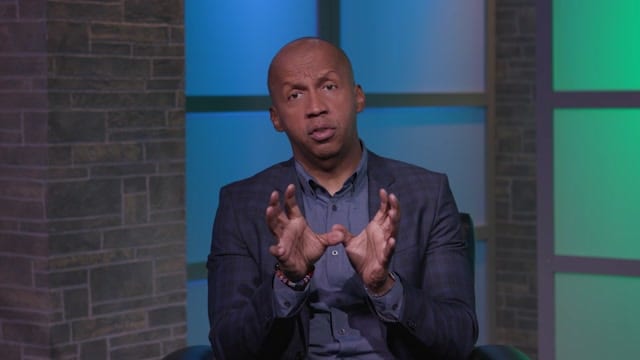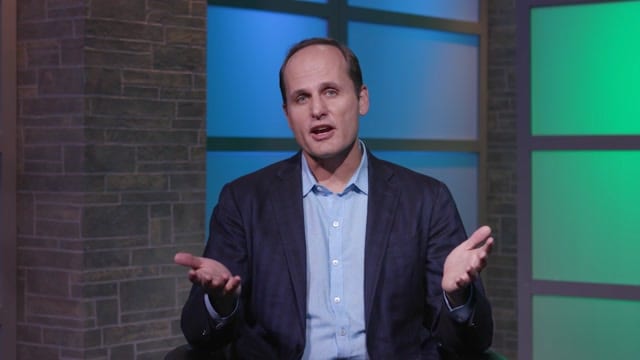
On Nantucket Island, there is a little museum devoted to a volunteer organization formed centuries ago. In those days, travel by sea was extremely dangerous.
Because of the storms in the Atlantic along the rocky coast of Massachusetts, it was not unusual for lives to be lost within a mile or so of land.
So a group of volunteers went into the life-saving business. They banded together to form what was called the Humane Society. These people built little huts all along the shore. They had people watching the sea all the time. Whenever a ship went down, word went out, and these people devoted everything to save every life they could.
They did not put themselves at risk for money or fame, but only because they prized human life.
In fact, they adopted a motto that said: “You have to go out, but you don’t have to come back.” Not a great recruiting slogan is it?
These were people who would risk everything—even their lives—to save people they had never met.
But over time, things changed.
After a while, the U.S. Coast Guard began to take over the task of rescue. Eventually, the idea that carried the day was, “Let the professionals do it. They’re better trained. They get paid for it.”
Volunteers stopped searching the coastlines for ships in danger. They stopped sending teams out to rescue drowning people.
Yet, a strange thing happened: They couldn’t bring themselves to disband. The life-saving society still exists today. The members meet every once in a while to have dinners. They are just not in the life-saving business anymore.
Two thousand years ago, a band of ragtag followers of Jesus began to meet regularly to pray and strategize how they could rescue a shipwrecked world.
It was a calling they took seriously. Everyone was willing to give their lives for the cause.
Their motto was, “You have to go out, but you don’t have to come back.”
The writer of Acts wrote as they embraced the slogan that “…they (the church) added to their number daily.”
In the following years, followers of Jesus were known as people who would adopt abandoned children, serve the poor, fight and die for justice, and stay in plague-filled cities to care for the sick, while others fled to safe places.
Rulers and governments were intrigued, confused and threatened by the willingness to give their lives for others.
The early church left a permanent mark in the secular history books of the day.
What will history write about today’s church?
Willing to go out, but not having to come back?
Or, judgmental, exclusive, irrelevant, fearful, they turned it over to professionals, no longer in the life-saving business but kept having meetings?
Peter Drucker says “It’s the human propensity to start with a clear vision and to get it muddied up along the way. It’s just kind of what happens to human beings in organizations.”
I fear that many churches have let their visions get muddied along the way. While there on churches on every corner, many are overlooked by the culture.
How can the church be overlooked when it is all around us?
The prophet Isaiah said when the church is busy with meetings it becomes powerless.
The church’s power comes from caring for the poor, feeding the hungry, fighting injustice and protecting widows and orphans. The impact of the church is not predicated on frequency of meetings and the eloquent nature of its rhetoric. Its impact is not determined by a nice, accessible location.
The impact of the church has to do with its willingness to lay its life down for a ship-wrecked world.
When the church begins to re-live the motto, “You have to go out, but you don’t have to come back,” it will become relevant once again.
This is the Grander Vision for the Church!











Recent Comments